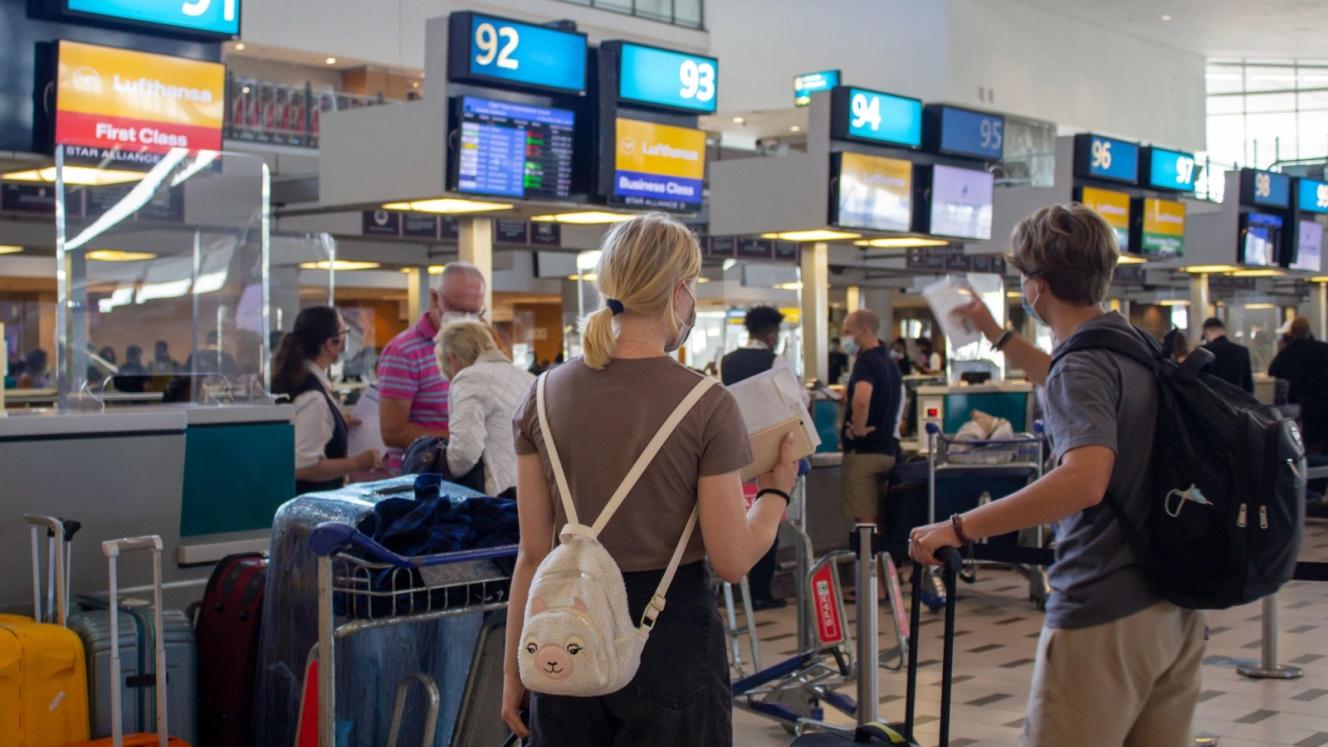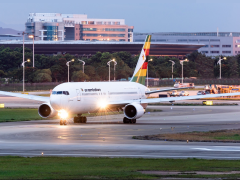Cape Town International has experienced a number of jet fuel shortages over the past year. The most recent in March, was as a result of its biggest supplier being impacted by loadshedding.
Briefing the Western Cape Standing Committee on Finance, Economic Opportunities and Tourism on its peak season readiness, Mark Maclean, Regional General Manager for Cape Town International Airport, said daily jet fuel use rose from about 1,4 million litres in off-peak periods to two million litres in the peak season, and contingency plans had been put in place to ensure a continuous supply.
These included the commissioning of a new tank, which can hold three million litres of fuel, which is in full operation.
“During the peak season, we will hold between five and six days (of stock), but the airport contingency plan is that we should never go below three in the event that there are any issues,” with penalties imposed if the minimum levels are breached.
Maclean said the refinery was in full production, and jet fuel delivery to the airport was a 24-hour operation with about 60 tankers per day delivering. The airport has been working closely with airlines to forecast fuel needs, as stock is ordered three to four months in advance.
A new fuel supplier has also been secured in Cape Town Harbour, with the ability to store imported fuel.
“With all of those things in mind, we don’t expect any issues this peak season,” he said.













